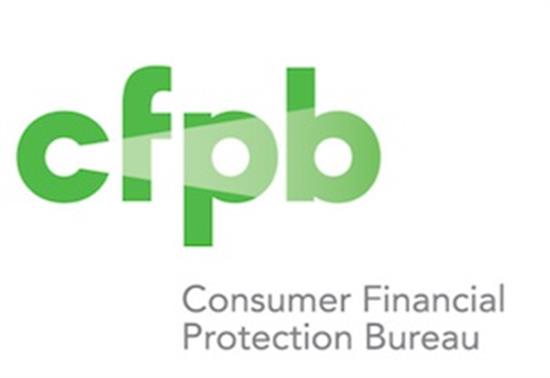Dodd-Frank Mortgage Rules Harm HomeownershipHabitat for Humanity, Community Banks and Credit Unions Voice Concerns at Hearing
Washington,
January 14, 2014
New mortgage regulations resulting from the Dodd-Frank Act will harm homeownership, reduce credit, and prevent credit-worthy borrowers from obtaining an affordable mortgage, witnesses from Habitat for Humanity, community banks and credit unions told a House Financial Services subcommittee today.
New mortgage regulations resulting from the Dodd-Frank Act will harm homeownership, reduce credit, and prevent credit-worthy borrowers from obtaining an affordable mortgage, witnesses from Habitat for Humanity, community banks and credit unions told a House Financial Services subcommittee today.
The regulations threaten the survival of Habitat for Humanity’s self-help homeownership model, said Frank Spencer, President and Chief Executive Officer of Habitat for Humanity of Charlotte, North Carolina. “As a result, tens, if not hundreds, of millions of dollars of investment in Habitat by government and financial institutions is at risk, as are the tens of thousands of families whose future housing needs will otherwise be met through these investments,” said Spencer. “The ongoing success of Habitat’s self-help homeownership model – a unique approach to home building and mortgage lending that is thriving – merits federal support, not regulatory intervention that threatens its survival.” The Dodd-Frank Act’s new “Qualified Mortgage” (QM) and “ability-to-repay” rules promulgated by the Consumer Financial Protection Bureau (CFPB) went into effect last week. “Although Habitat was never the target of Dodd-Frank, compliance [with the rules] has required significant commitments of both human and financial resources that would otherwise be invested in meeting critical housing needs in the communities each of you represent,” Spencer said in testimony to subcommittee members. Local community bankers and credit unions have also expressed concerns that the new mortgage rules will make it harder for them to issue mortgages to potential homebuyers. “There is no question that the new Qualified Mortgage rule will adversely impact my mortgage lending,” said Jack Hartings, President and CEO of The Peoples Bank Company in Coldwater, Ohio. “This is true even though The Peoples Bank Company is currently a ‘small creditor’ under the QM rule because we make fewer than 500 mortgage loans annually and have less than $2 billion in assets.” “Even though The Peoples Bank is a small creditor, the QM rule poses a daunting challenge, will change the way that we lend, and reduce access to credit in our communities,” Hartings said. “As a result, certain loans we made in the past to accommodate customers will not be made in the future.” "Approximately 10% of all of our mortgage loans in the last few years would be classified as non-QM. Unfortunately today these loans, and the people they would have helped, are no longer being offered by my credit union.... At this time the uncertainty and the liability is just too great,” said Daniel Weickenand, Chief Executive Officer of Orion Credit Union in Memphis, Tennessee. Rep. Shelley Moore Capito (R-WV), the subcommittee chairman, called the regulations “another example of the consequences of removing underwriting discretion from the hands of lenders and borrowers and placing it in the hands of unelected bureaucrats in Washington.” “No two borrowers have the same credit profile, and I fear that the one-size-fits-all approach in the CFPB’s mortgage rule will severely hamper the ability of community lenders to tailor products to borrowers,” Chairman Capito said. William Emerson, CEO of Quicken Loans, agreed the rules “will restrict unduly credit opportunities to qualified borrowers. “We remain concerned that they are likely to unduly tighten mortgage credit for a significant number of creditworthy families who seek to buy or refinance a home,” Emerson said. “While the housing market is improving, data show that the improvement is predominantly at the higher end of the market, with increasing activity in higher priced homes while the lower end of the market is actually shrinking. Access to credit is clearly constrained with first-time and low- to moderate-income borrowers unable to qualify for a mortgage.” |


